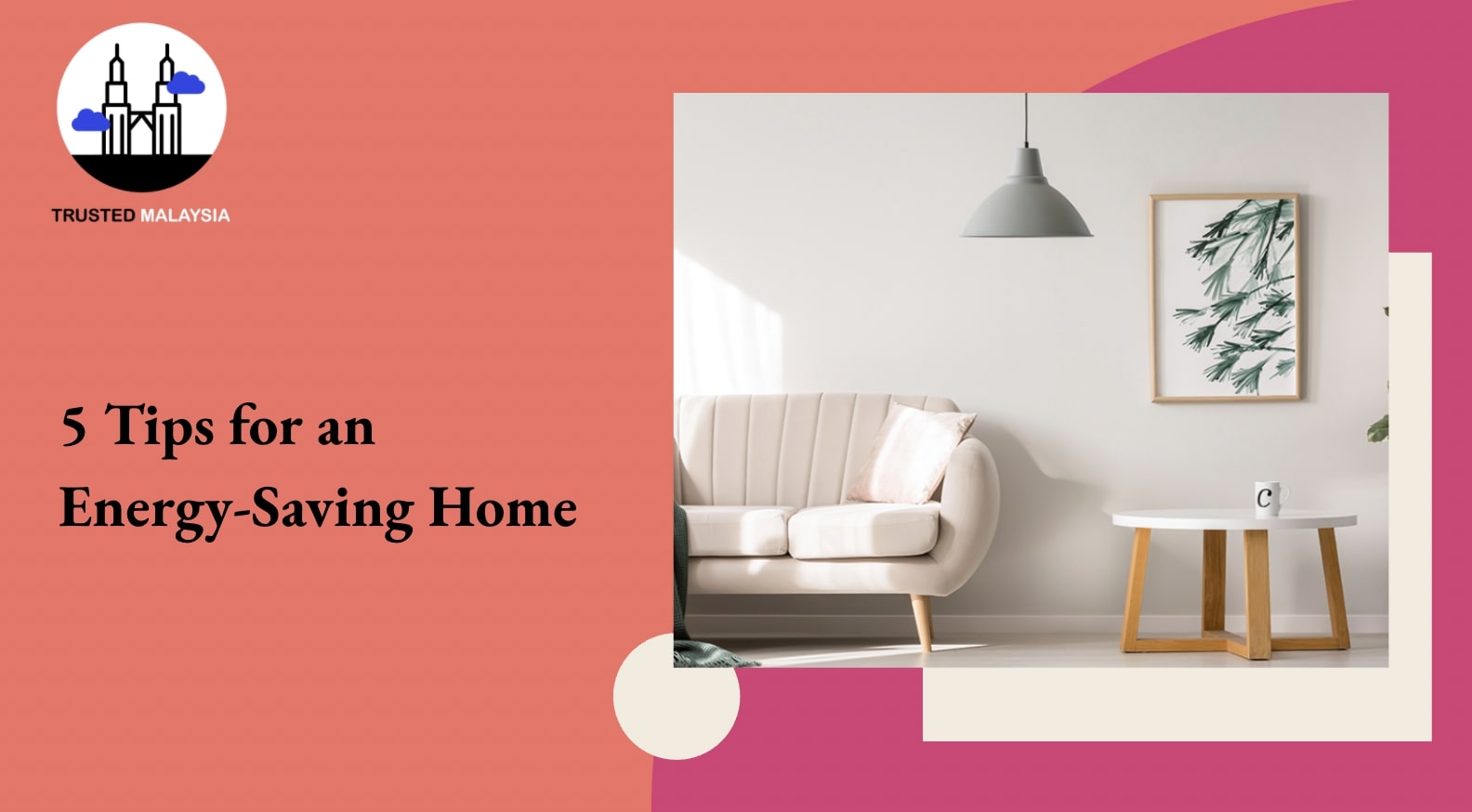5 Tips for an Energy-Saving Home
Conserving your home’s energy matters to sustain our planet. This reduces the need to burn fossil fuels to generate electricity, which in turn, releases greenhouse gases that contribute to the devastating effects of climate change.
After all, what’s the point in wasting resources we don’t need? Aside from that, you get to lower your water and power bills every month, which give you great cost savings throughout the year.
Now, if you plan to live sustainably, we shared some simple tips below for an energy-saving home. Let’s see them!
1) Use only LED lighting
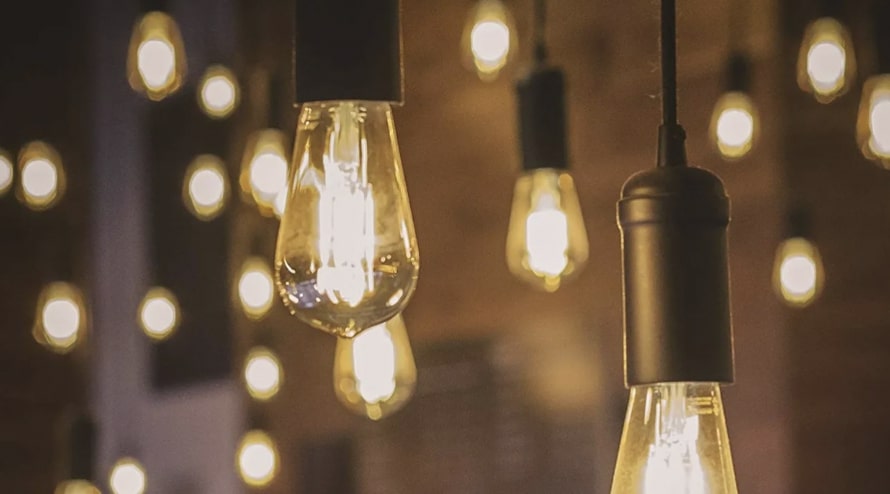
A power-saving home can easily be achieved by using LED bulbs and tubes. They use 60% less energy than traditional lights and yet emit brighter light and last longer for up to 20 years.
A single LED bulb working for five hours a day can save you around RM40 to RM85 a year. Multiply that number by the total LEDs you’re using at home—just imagine the big savings you can get!
Installing LED lights can involve plug-and-play or rewiring, depending on the product model and your lighting fixture. To be safe, you can hire a licenced electrician to help you totally make the switch to these energy-efficient alternatives.
2) Reheat food with your microwave rather than stove
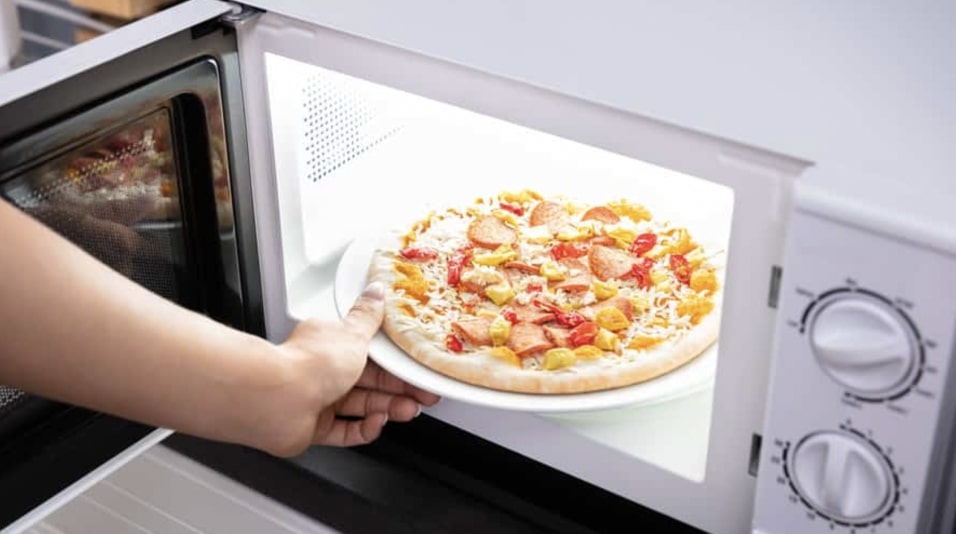
Aim to reheat leftovers using the microwave more than the stove. Although the food may taste better if heated on a stove, it uses significantly more electricity and takes longer than a microwave.
In contrast, a microwave uses intense heat under a short time so the food will be cooked well where less energy is expended. Because reheating is a daily activity, it has a huge toll on the environment, and microwaving food reduces it somewhat.
If you have to use an oven or stove to reheat food, choose their energy-efficient versions. You can even use a rice cooker or a multi-function pressure cooker to do that—that’s two birds in one stone.
Also, repair kitchen appliances that have broken down to prevent them from overworking and again, wasting needless energy.
3) Invest in solar panels for your house
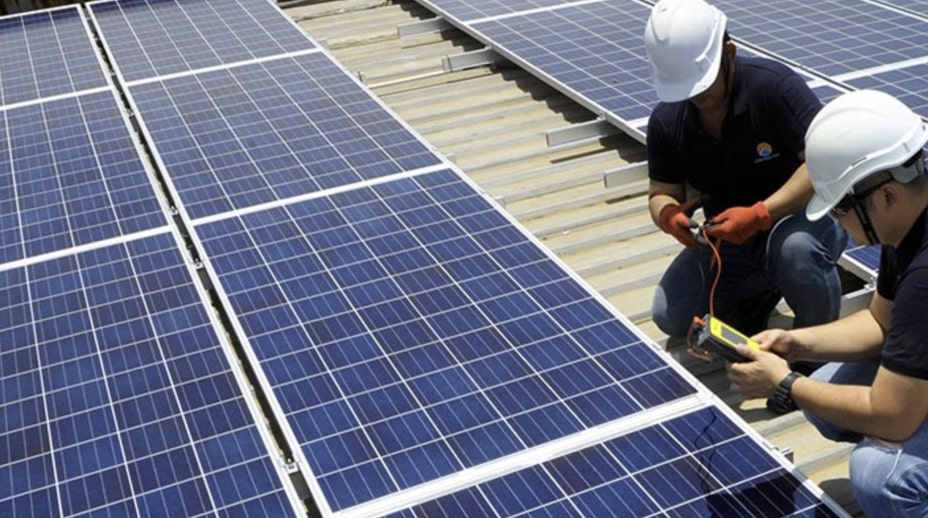
Solar panels have reached the mainstream market in Malaysia. As a result, they have become cheaper, making it more possible to invest in them.
The great thing about these sleek futuristic blocks is they convert heat into electricity for your use. With them, you can get hot water, use appliances, and have lights around your house for free.
Should you plan to sell surplus solar power to the grid, you can either have an on-grid or hybrid solar system installed for you, although they are costlier than an off-grid solar panel system, which doesn’t depend on the Malaysian grid system.
Having an on-grid solar system gives you the choice to use the stored thermal energy available or sell it back to the grid. You don’t have to worry about overproducing energy, as it will be sent to the grid instinctively.
On the other hand, a hybrid solar system is equipped with a set of solar batteries that’s connected to the grid. Given its versatility and function, it can provide homeowners with the highest amount of power savings in the long run.
4) Install a tankless water heater
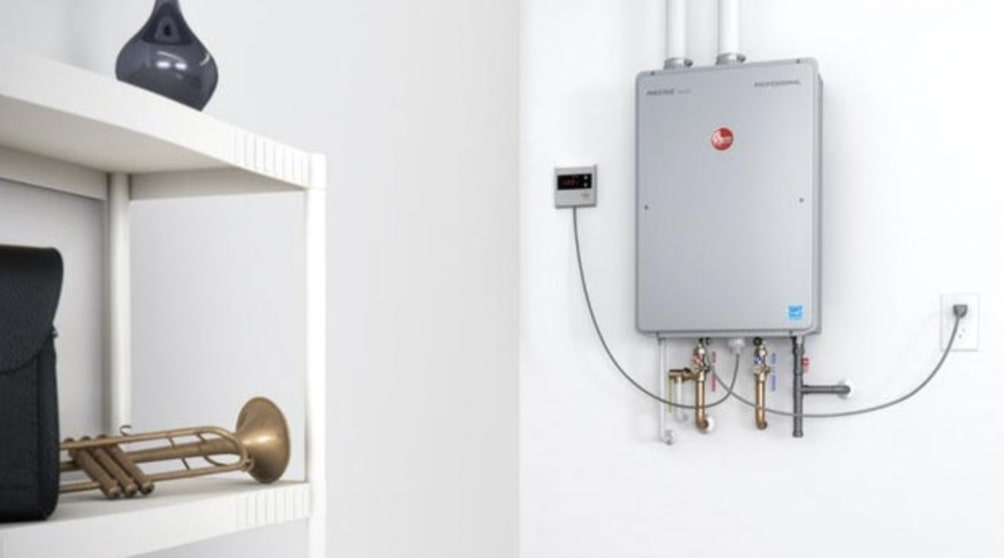
Another way to be energy-efficient is to use a tankless water heater. These don’t require heating up the water in the tank like with tank water heaters.
Similar to your HVAC systems, they consume a lot of energy; however you can so adjust them to control your hot water usage.
They just need to be hooked up in your basement or backroom without taking up much space. The only downside is you have to pay a higher cost for the product as well as for having a tradesman install it for you.
Still, you can install the tankless heater yourself if you have experience with these sorts of things and by consulting the manual that came with it.
5) Change to newer air-conditioning models
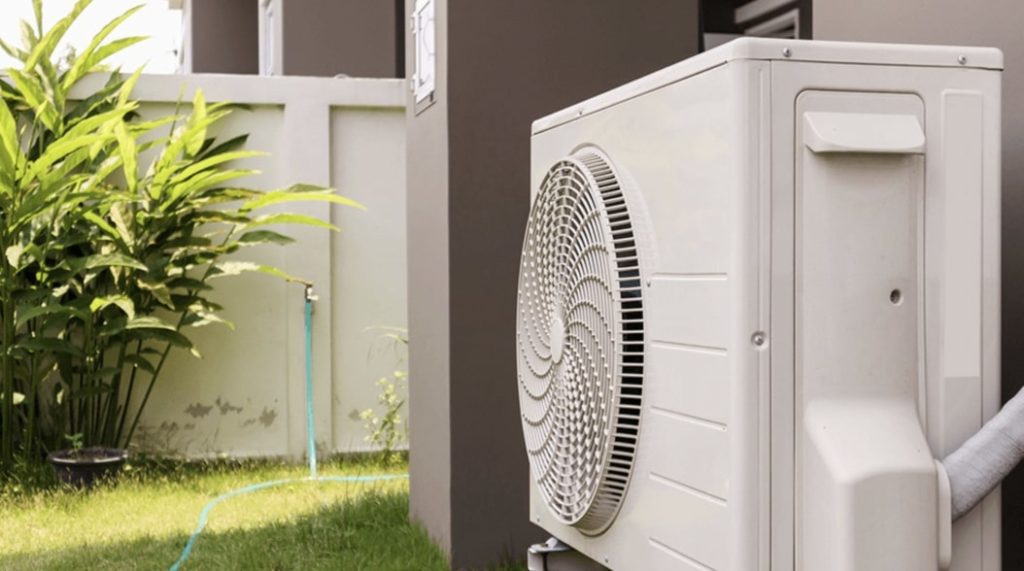
Air cons are one of the biggest investments in the house. Therefore, it’s practical to not dispose of your old one right away when it still has some life.
As soon as that happens, though, make a change to newer AC models. You should get an energy-efficient aircon (signified by a high energy star rating) which can cool you during hot days.
Schedule regular AC maintenance to ensure they release clean, fresh, and cool air. And it’s necessary to ensure that its inner workings are flawless and efficient, which helps a great deal in saving your energy.
